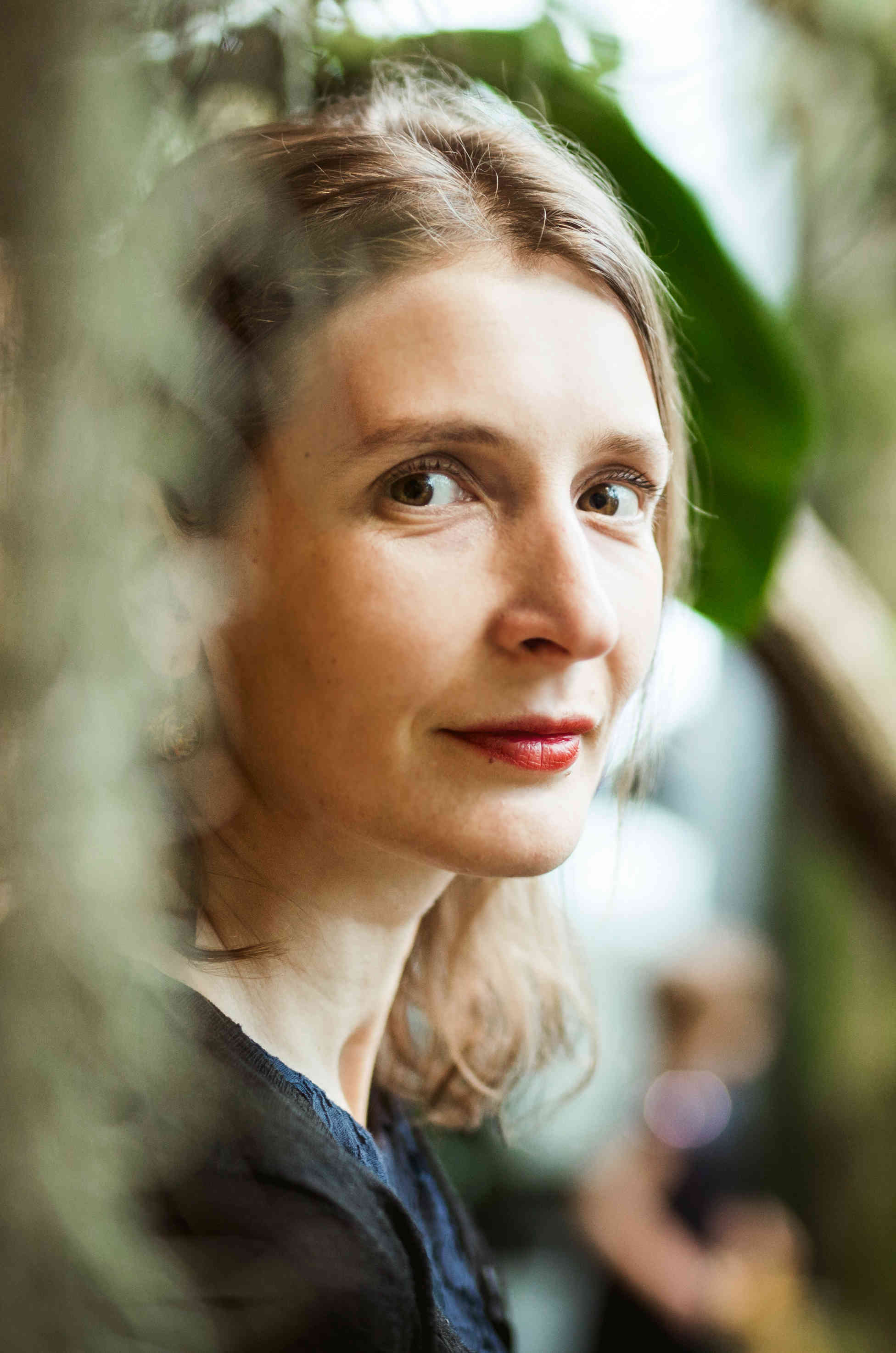
Carolina Pihelgas
Carolina Pihelgas (b. 24. II 1986) is an Estonian poet and translator.
She graduated from the Gustav Adolf Gymnasium in Tallinn in 2004. From 2006 to 2010 she studied for her Baccalaureat in theology at the University of Tartu, and thereafter continued with a master’s degree in the anthropology of religion, graduating in 2012. From 2011 to 2020 Pihelgas worked in the Tartu offices of the youth literary journal Värske Rõhk, becoming editor in chief in 2013. From 2021 she is working as an editor on the journal Looming. Among other things she has conducted a number of interviews with contemporary Estonian poets, and collected them in the book Sõnad on õhk (‘Words are Air’, 2018).
Pihelgas’ first two poetry collections are lyrical and express the emotional life of the poetic first person and immediate experiences from her environment. Later there are changes to her writing style, but some traits are characteristic of Pihelgas’ work throughout all her collections: predominantly free-verse texts, with an important place for still-life and dream situations, physical experiences and the writer’s engagement with surrounding space. The texts may also take up a social viewpoint, but that does not become dominant. The consistency of Pihelgas’ poetry collections is steadily strengthening.
Marked changes took place in Pihelgas’ third book Õnnekangestus (‘Numb with Happiness’, 2011), in which the intertextual connections are more numerous. Her relationship with the textual environment – especially with 20th– and 21st-century poetry – remains characteristic of Pihelgas’ work later too. From Õnnekangestus onwards, reflecting in verse form on her own linguistic activity becomes more important for the poet. In some ways this is emphasised in Pihelgas’ collection of prose poems Valgus kivi sees (‘Light Inside a Stone’, 2019). This is a deliberately formed whole, in which the problems of both personal and collective memory are prominent. The treatment of memory is found in Pihelgas’ earlier books as well; here it has become the main theme of the collection. The initial impulse for the author was personal memories of childhood, but turning to the past also means family history, and at the same time reflections on a mythical past. In the collection Valgus kivi sees there is no single central story, but there is more narrative here than in the earlier collections, and as a whole it creates a thematic and cognitive unity.
Pihelgas is one of the most remarkable translators of poetry in present-day Estonia. She has done translations from several languages and published them in books, the press and on the blog Luuletõlgendus (‘Poetry interpretation’), which she has run since 2010 with the poet Hasso Krull. Pihelgas’ translations of works by Pablo Neruda, Tor Ulven, Konstantinos Kavafis, Nikola Medzirov and Ilya Kaminsky have appeared separately in books.
For the book Õnnekangestus Pihelgas received the Gustav Suits poetry prize and for the book Valgus kivi sees the Literature Endowment annual award. In 2020 she was awarded the title of Tartu City Writer and in the same year won the August Sang prize for poetry translation.
M. V. (Translated by C. M.)
Books in Estonian
Poetry
Sõrmemuster. Luige: Verb, 2006, 56 lk.
Metsas algavad hääled. Tallinn: Eesti Keele Sihtasutus, 2010. 86 lk.
Õnnekangestus. Tallinn: Eesti Keele Sihtasutus, 2011. 88 lk.
Kiri kodust. Tallinn: Eesti Keele Sihtasutus, 2014. 74 lk.
Pimeduse pisiasjad. Tartu: Kaksikhammas, 2017. 84 lk.
Valgus kivi sees. Tartu: Kaksikhammas, 2019. 72 lk.
Tuul polnud enam kellegi vastu. Valik luulet 2006–2020. Koostanud Hasso Krull. Tartu: Kaksikhammas, 2020. 184 lk.
Non-fiction
Sõnad on õhk. 13 intervjuud tänapäeva kirjanikega. Tartu: Kaksikhammas, 2018. 152 lk.



